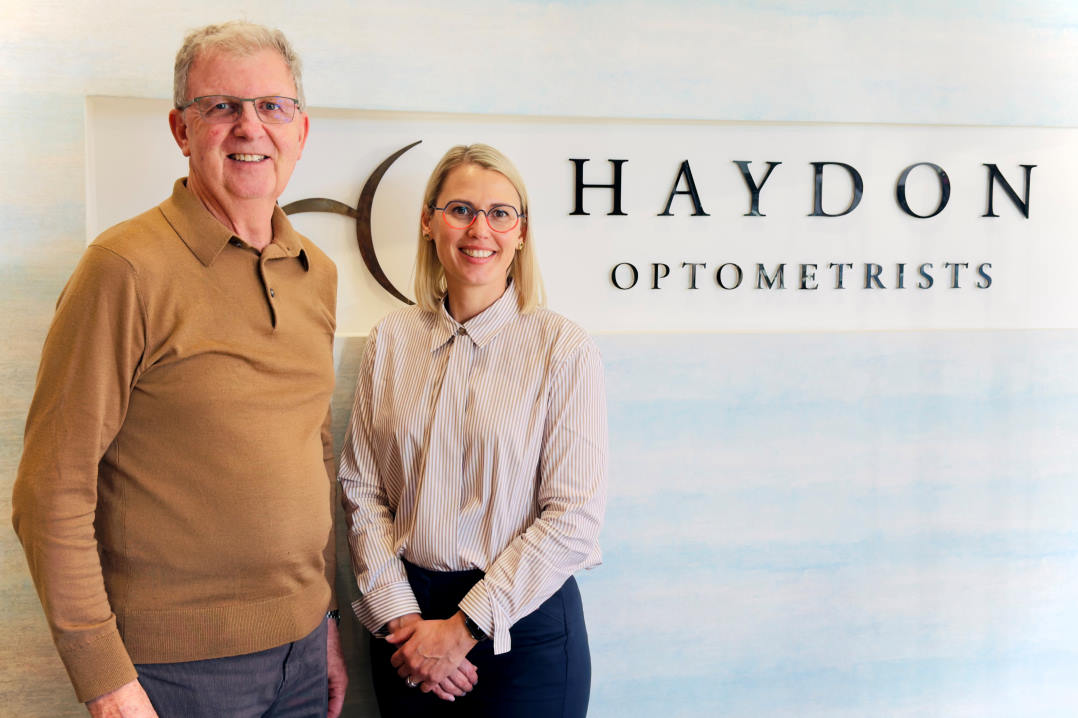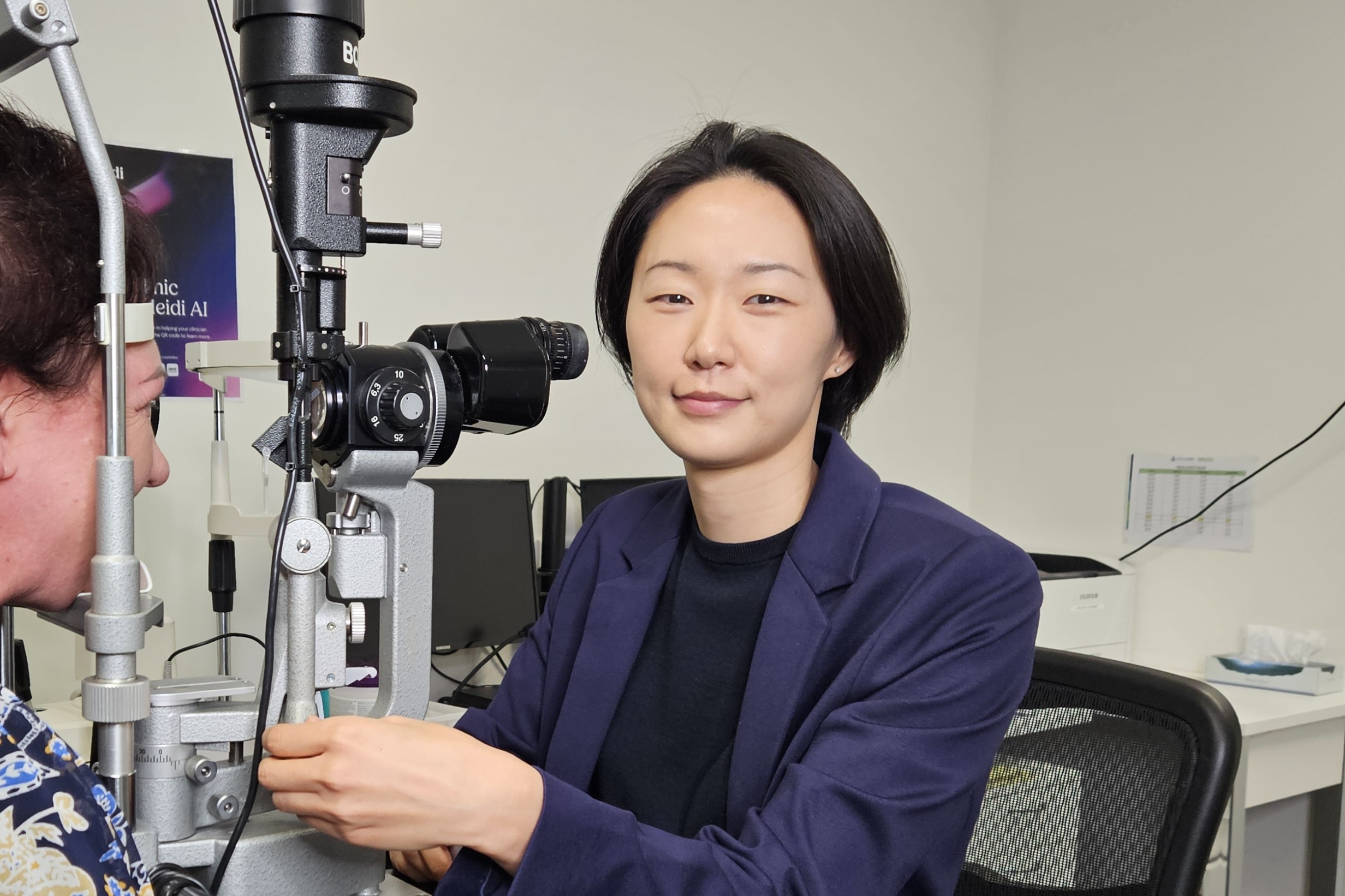Progress for IRD gene therapy
The US Food and Drug Administration (FDA) has granted orphan drug designation (ODD) for a novel gene therapy for the treatment of a rare inherited retinal degenerative disease (IRD) caused by a mutation of the NR2E3 gene - and makers Ocugen say it could be used to treat other IRDs in future.
The therapy, OCU400, consists of adeno-associated virus serotype 5 capsid containing the gene for human nuclear hormone receptor NR2E3.
"We are very pleased to receive our first orphan drug designation for a gene therapy product from the FDA," said Ocugen CEO Dr Shankar Musunuri. "Unlike single-gene replacement approaches, which have shown great promise in rare retinal diseases despite being highly specific for a single condition, we believe OCU400 represents a powerful and broad means of treating a variety of genetically diverse inherited retinal diseases (IRDs) with a single product. Our initial strategy is to develop OCU400 as a gene augmentation therapy for patients with IRDs caused by mutations in the NR2E3 gene.”
Ocugen said in a mouse model of NR2E3 mutation, NR2E3 delivery to retinal cells reversed disease progression. Now, it plans to initiate a clinical study by 2020, and said future development could include treatment of additional rare/orphan retinal diseases where local NR2E3 gene augmentation may effectively prevent disease progression, including Leber congenital amaurosis (LCA), retinitis pigmentosa and other retinal degenerative diseases.
"It has been 30 years since we first identified this IRD and now is the time to move toward therapy," commented University of Pennsylvania ophthalmology professor, Dr Samuel Jacobson.
The FDA grants orphan designation for novel drugs or biologics that treat a rare disease or condition affecting fewer than 200,000 patients in the US. Orphan designation qualifies the sponsor of the drug for various development incentives, including a seven-year period of US marketing exclusivity, tax credits for clinical research costs, clinical research trial design assistance and the ability to apply for annual grant funding.
























